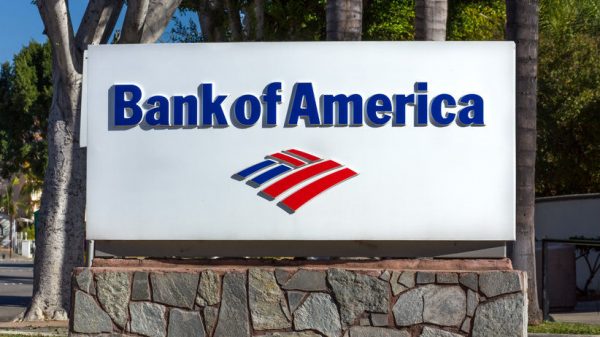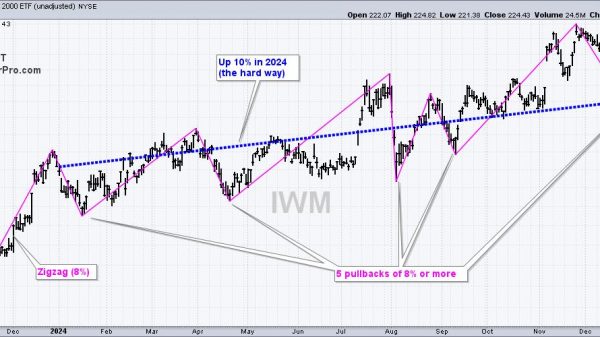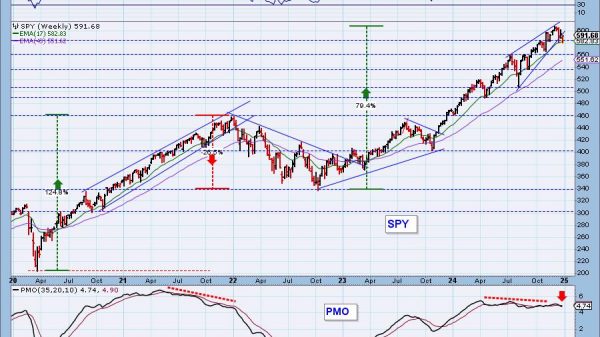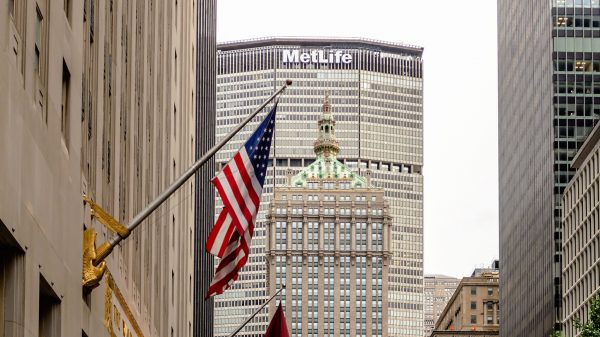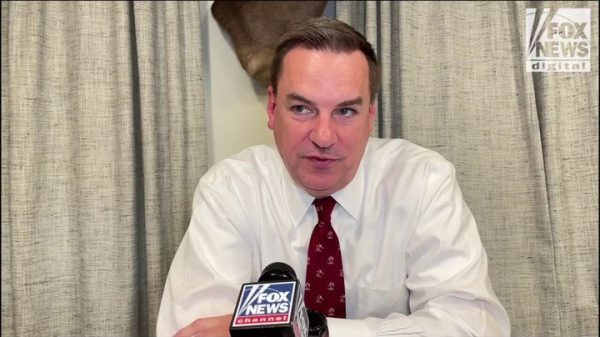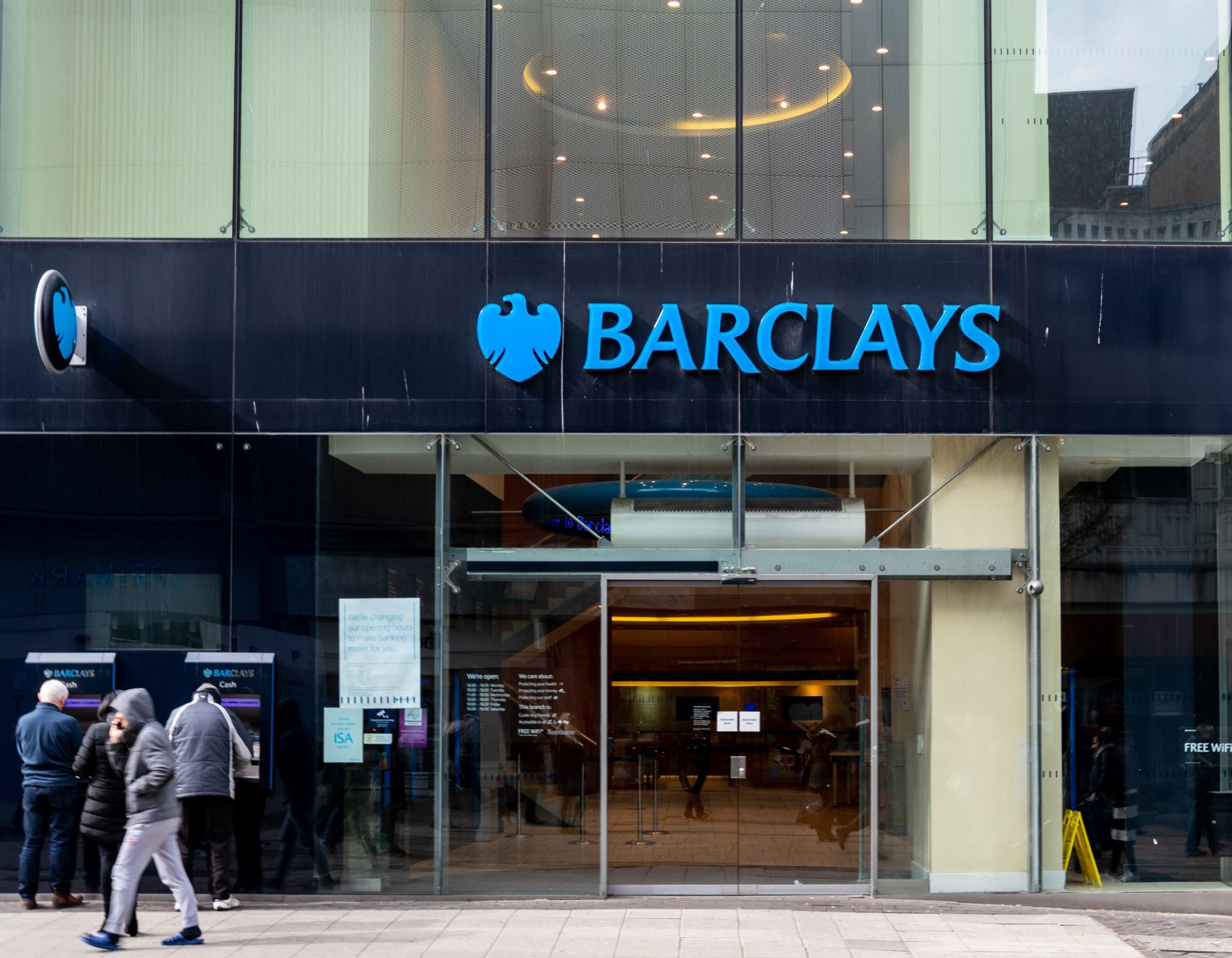
Barclays has agreed to pay $19.5 million to settle a securities fraud lawsuit filed by shareholders in Manhattan federal court, over its misstep in selling $17.7 billion more debt than US regulators had authorized.
The settlement, which was filed in court on Tuesday, is subject to approval by US District Judge Katherine Polk Failla.
What was the Barclays debt sale case?
The case stems from a significant error by Barclays that resulted in the overselling of structured and exchange-traded notes, and allegations that the bank’s internal controls were inadequate to prevent the mistake.
The lawsuit was filed by investors who claimed they suffered financial losses because they trusted Barclays’ assurances that its procedures were in line with regulatory standards.
The plaintiffs argued that the bank misrepresented its internal control mechanisms, leading them to invest in Barclays American depositary receipts between February 2021 and February 2023, unaware of the risks posed by the overissuance of debt.
In March 2022, Barclays admitted that it had sold $15.2 billion more debt than permitted by US regulators between 2017 and 2022.
The situation worsened when, in July 2022, the bank revised the oversold amount to $17.7 billion and set aside £1.59 billion ($2.01 billion) to address the excess issuance.
The bank also repurchased the oversold debt and restated its financial statements for 2021, with executives calling the error an “entirely avoidable” and “self-inflicted” issue.
‘Recklessly’ negligent
Despite the settlement, Barclays has maintained that it did not engage in any wrongdoing.
The bank’s decision to settle, however, comes after a court ruling that allowed the case to move forward, rejecting the bank’s attempt to dismiss the lawsuit.
US District Judge Failla found that shareholders had a plausible case, and suggested that Barclays executives, including former CEO Jes Staley, could be seen as “recklessly” negligent in handling the matter.
She also pointed to the failure of the bank’s debt tracking system, which did not exist, as a key failure in preventing the overissuance.
The lawsuit, titled In re Barclays Plc Securities Litigation, accused the bank of misleading investors about its internal controls and regulatory compliance, resulting in significant financial losses.
Shareholders argued that Barclays’ assurances regarding its debt policies and procedures were generic and insufficient to protect their investments.
As part of the settlement agreement, Barclays did not admit to any wrongdoing but agreed to compensate shareholders for their losses.
The case serves as a reminder of the importance of strict adherence to regulatory standards and robust internal controls in large financial institutions.
Barclays’ former CEO Jes Staley stepped down from his position in November 2021 following the fallout from the overissuance.
Although the settlement resolves the immediate legal challenges for Barclays, the broader implications for the bank’s internal controls and regulatory compliance practices remain to be seen.
This case highlights ongoing concerns in the financial sector regarding transparency, risk management, and the responsibilities of banks to safeguard investor interests.
The $19.5 million settlement comes after months of litigation and will likely serve as a cautionary tale for other financial institutions on the importance of meeting regulatory requirements and maintaining effective oversight of financial transactions.
The post Barclays settles $17.7 billion debt sale lawsuit for $19.5 million amid securities fraud claims appeared first on Invezz


